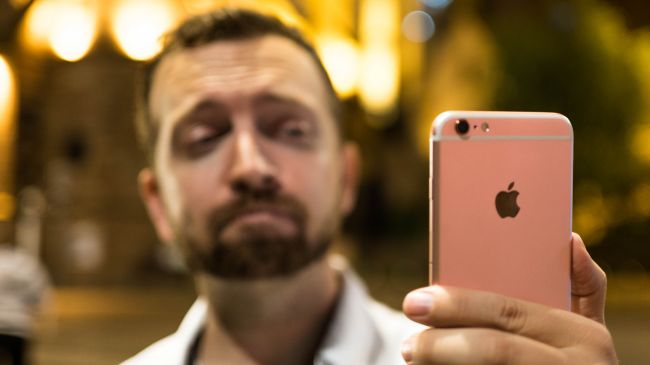Facial recognition could be revolutionized by new light-eliminating algorithm
LIVI could lead to better facial identification

Sign up for breaking news, reviews, opinion, top tech deals, and more.
You are now subscribed
Your newsletter sign-up was successful
Facial identification in images and video is heavily dependent on good lighting, or at least it has been up until now.
A team of researchers working out of Ben-Gurion University of the Negev has created an algorithm that can actually remove light from an image.
What this means is that if the lighting in a scene is coming heavily from behind, or above the source, the camera will still be able to identify the subject.
Interestingly for facial identification systems like FaceID, the algorithm can remove light from flat panels, meaning it would be impossible to hack the system with an image of a person on a screen.
Turning your camera into an AM radio
LIVI eliminates background light, and dynamic light, creating a steady, easily identifiable image, regardless of how erratic the lighting is.
It's difficult to picture exactly what this looks like without a demonstration so check out the video demo from the team below:
This has obvious application in facial recognition systems used to unlock phones and in animoji, but also in home security where low-light or high-contrast lighting could mean you're left unable to identify a burglar.
Sign up for breaking news, reviews, opinion, top tech deals, and more.
The algorithm works like an AM radio, effectively 'tuning out' the unwanted signal. Amir Kolaman, the PHD student behind the project explained it like this: "Light intensity can be modulated at different frequencies just like in radio waves," Kolman says. "We turn each camera pixel into an AM receiver that tunes to the flash light and filters out the background lights from the output frames."
The team are currently seeking funding for further research, so it's probably going to be a long time before we see it in our phones or homes (if at all) but it's interesting to see what is possible using algorithms in moving video.
- Want to see some animojis in action? Check out: 48 hours with the Samsung Galaxy S9: our first impressions

Andrew London is a writer at Velocity Partners. Prior to Velocity Partners, he was a staff writer at Future plc.
